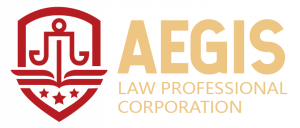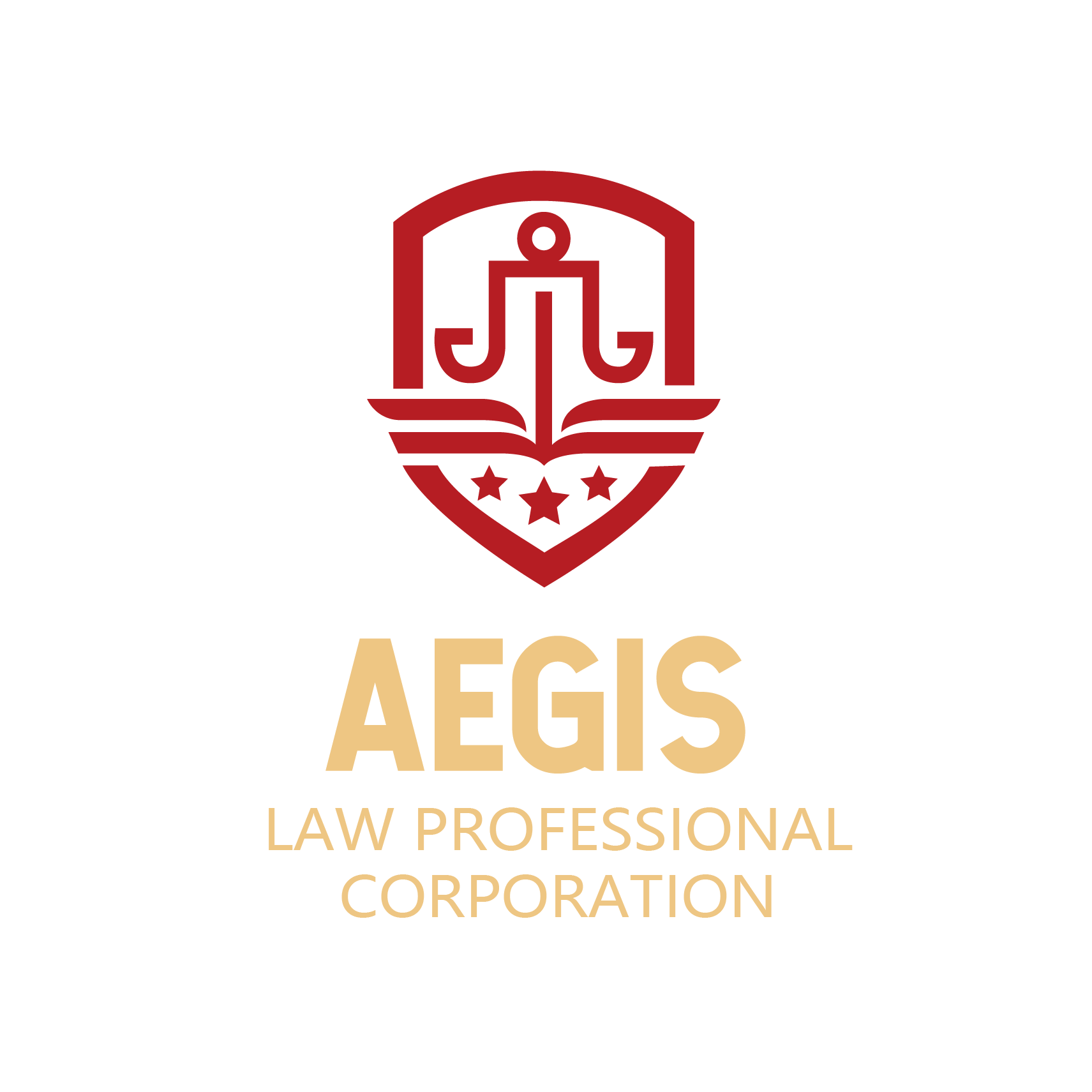Ontario Employer‑Driven Immigration (OINP)
The Ontario Immigrant Nominee Program (OINP) includes the Employer Job Offer streams, which allow qualifying employers to nominate foreign skilled workers or international students for Canadian permanent residence.
Employer Requirements
General Requirements
The business must have been actively operating for at least three years prior to application.
It must maintain a physical place of business in Ontario.
There must be no outstanding orders against the employer under the Ontario Employment Standards Act, 2000 or the Occupational Health and Safety Act.
Revenue Requirements
For employers located within the Greater Toronto Area (GTA): annual gross revenue of at least CAD 1 million.
For employers outside the GTA: annual gross revenue of at least CAD 500,000.
Full‑Time Employee Requirements
Applicant Requirements
The applicant must receive an invitation to apply from the OINP.
Foreign Skilled Worker Stream: Two years of cumulative, related work experience within the past five years—or a valid professional license, if applicable.
In‑Demand Skills Stream: At least nine months of work experience in a high‑demand occupation within the past three years.
Demonstrated intention through Ontario‑based employment, property ownership, or family ties.
Must hold valid temporary status (visitor record, study permit, or work permit).
Applicants should maximize their Express Entry–style score (EOI) by enhancing factors such as education, language proficiency, and work experience. As of late 2022, Ontario’s points assessment was refined to consider detailed criteria, including NOC skill levels and geographic location.
Family Class Immigration
Canadian citizens and permanent residents can sponsor their spouse, children, parents, and grandparents for immigration to Canada. Family class sponsorship applicants (the sponsored persons) face no language, education, or work‑experience requirements. In most cases, there is no minimum income requirement for sponsoring a spouse or children, although sponsors must commit to providing financial support for a specified period. However, sponsoring parents and grandparents does require that the sponsor meet minimum income thresholds based on their tax returns for the previous three years.
Spousal Sponsorship
Spousal sponsorship enables Canadian citizens and permanent residents to reunite with their spouse or partner in Canada. Eligible relationships include:
Spouse: Legally married couples.
Common‑Law Partner: Unmarried couples cohabiting in a conjugal relationship for at least 12 months.
Conjugal Partner: Partners in a genuine relationship who cannot cohabit or marry due to exceptional circumstances (e.g., immigration barriers), and who live outside Canada.
Sponsor Eligibility:
At least 18 years old and a resident of Canada (citizen or permanent resident).
Able to demonstrate the financial capacity to support themselves and their sponsored partner.
Must provide supporting documents proving the genuineness of the relationship.
Dependent Child Sponsorship
Dependent child sponsorship allows Canadian citizens and permanent residents to bring their children from abroad to live permanently in Canada. Eligible children include biological or legally adopted children.
Child Eligibility:
Sponsor Requirements:
The sponsored child must receive approval from Immigration, Refugees and Citizenship Canada (IRCC).
Relationship must be proven via birth certificate or adoption papers.
Children over 22 may qualify if, since before turning 22, they have been financially dependent on their parents and cannot support themselves due to a disability.
Parent and Grandparent Sponsorship
Parent and grandparent sponsorship allows Canadian citizens and permanent residents to sponsor their parents and grandparents for permanent residence in Canada.
Sponsor Eligibility:
Must be a Canadian citizen or permanent resident residing in Canada.
At least 18 years old.
Must be the child or grandchild of the sponsored person.
Meet the minimum necessary income requirement for their family size, as verified by Notices of Assessment from the Canada Revenue Agency for the past three taxation years.
Sign an undertaking to provide financial support for basic needs for 20 years.
Quebec residents must also sign a provincial undertaking in accordance with Quebec immigration requirements.
Express Entry
Canada’s Federal Express Entry is a points‑based immigration system designed to expedite applications for skilled workers seeking permanent residence. It manages three main economic immigration programs: the Federal Skilled Worker Program (FSWP), the Federal Skilled Trades Program (FSTP), and the Canadian Experience Class (CEC).
Applicants receive a Comprehensive Ranking System (CRS) score based on factors such as age, education, work experience, and language proficiency. Candidates with the highest scores are issued an Invitation to Apply (ITA) through periodic draws. By using Express Entry, successful applicants typically receive a final decision on their permanent residency application within six months or less, ensuring a fast and efficient process.
At AEGIS Law, we are committed to providing full‑service support to help you navigate Canada’s Federal Express Entry system. Our experienced immigration lawyers will work with you to optimize your application, maximize your CRS score, and boost your chances of success—whether you apply under the FSWP, FSTP, or CEC.
Canada–Hong Kong “Lifeboat” Pathways
In 2021, the Canadian government introduced a temporary public policy offering two special pathways to permanent residence for eligible Hong Kong residents, recognizing their contributions to Canada’s economy and society. Under this policy (effective June 1, 2021, to August 31, 2026), Hong Kong applicants may apply via:
These special streams encourage recent graduates and experienced workers from Hong Kong to study, work, and settle in Canada, providing a direct route to permanent residence for qualified applicants and their families.
Labour Market Impact Assessment (LMIA)
An LMIA is a Labour Market Impact Assessment—commonly referred to as a “labour permit”—issued by Employment and Social Development Canada (ESDC). It is an evaluation that determines whether a Canadian employer has both the need and the capacity to hire a foreign worker. In most cases, employers must obtain a positive LMIA before they can recruit and employ foreign nationals.
The Canadian government requires that employers demonstrate there are no qualified Canadian citizens or permanent residents available to fill the position before hiring abroad. This LMIA‑first rule protects domestic workers by ensuring foreign labour does not undercut the local job market.
Who Needs an LMIA?
LMIA applications are initiated by employers and generally involve the following steps:
Confirming Recruitment Need
The employer must prove a genuine requirement to hire a foreign worker and show that no suitable Canadian candidate is available.
Identifying Exemptions
Not all positions require an LMIA. Certain roles—such as intra‑company transfers, performing artists, religious workers, and other designated categories—are exempt and can bypass the LMIA when applying for a work permit.
If a position is LMIA‑eligible, the employer submits an application to ESDC. Once approved, the employer may extend a formal job offer to the foreign worker, enabling the worker to apply for a Canadian work permit.
Intra-company Transferees Work Permit
An Intra‑Company Transfer (ICT) work permit allows multinational companies to transfer employees from an overseas branch to their Canadian subsidiary, branch, or affiliate. This permit not only enables executives and managers to work in Canada but also grants their families access to local healthcare and education, with the potential to pursue permanent residence through provincial nomination.
Key Benefits
Fast Processing: Approval and entry within 2–3 months.
Simplified Procedures: No annual cap; streamlined application process.
LMIA Exemption: No need for a Labour Market Impact Assessment.
Flexible Work Location: No geographic restrictions within Canada.
Modest Language Requirement: Canadian Language Benchmark (CLB) level 5.
Minimum Education: Postsecondary diploma or higher.
No Personal Net‑Worth Requirement: No proof of personal funds needed.
Extended Validity: Initial permit up to 1 year; renewals up to a total of 7 years.
Pathway to PR: Eligible to apply for permanent residence via Provincial Nominee Programs.
Who Should Consider ICT?
Entrepreneurs seeking to establish operations in Canada
Families wishing to access Canadian education for their children
Professionals without proof of personal funds who want rapid entry
Executives aiming to expand their company’s Canadian presence
Applicant Eligibility
Held a senior manager, executive, or specialized knowledge role for at least 1 year within the last 3 years.
Must not be a majority owner; must serve as a core‑business unit manager.
Upon approval, must implement the business plan in Canada, including required investment and staffing.
Employer Requirements (for Chinese Companies)
In operation for at least 3 years.
Annual revenue of RMB 5 million or more.
Minimum staff of 10 employees.
The ICT work permit offers a convenient route to live and work in Canada—ideal for executives expanding their business, entrepreneurs, or families seeking better opportunities. Contact AEGIS Law today for a personalized consultation.
Refugee Claims
A refugee is someone who, owing to a well‑founded fear of persecution for reasons of race, religion, political opinion, nationality, or membership in a particular social group (such as gender or sexual orientation), is unwilling or unable to return to their country of origin. Under the Geneva Convention and Canada’s Charter of Rights and Freedoms, everyone has the right to life, liberty, security, and protection from persecution.
Who Can Claim Refugee Status in Canada?
Any person who cannot return to their home country because of persecution or a serious threat to their life and safety may apply for refugee protection in Canada. The Immigration and Refugee Board of Canada (IRB) assesses and decides who qualifies as a Convention refugee or a person in need of protection. This includes:
Convention Refugees: Individuals who face persecution at home on account of race, religion, political opinion, nationality, or membership in a particular social group.
Persons in Need of Protection: Those at risk of torture, a threat to life, or cruel or unusual treatment or punishment if they return to their country.
Required Documents for a Refugee Claim
When applying for refugee status, you must provide identification and detailed evidence of why you require protection. Commonly requested documents include:
Valid passport or travel document
Birth certificate and marriage certificate (if applicable)
Educational records or other identity documents


